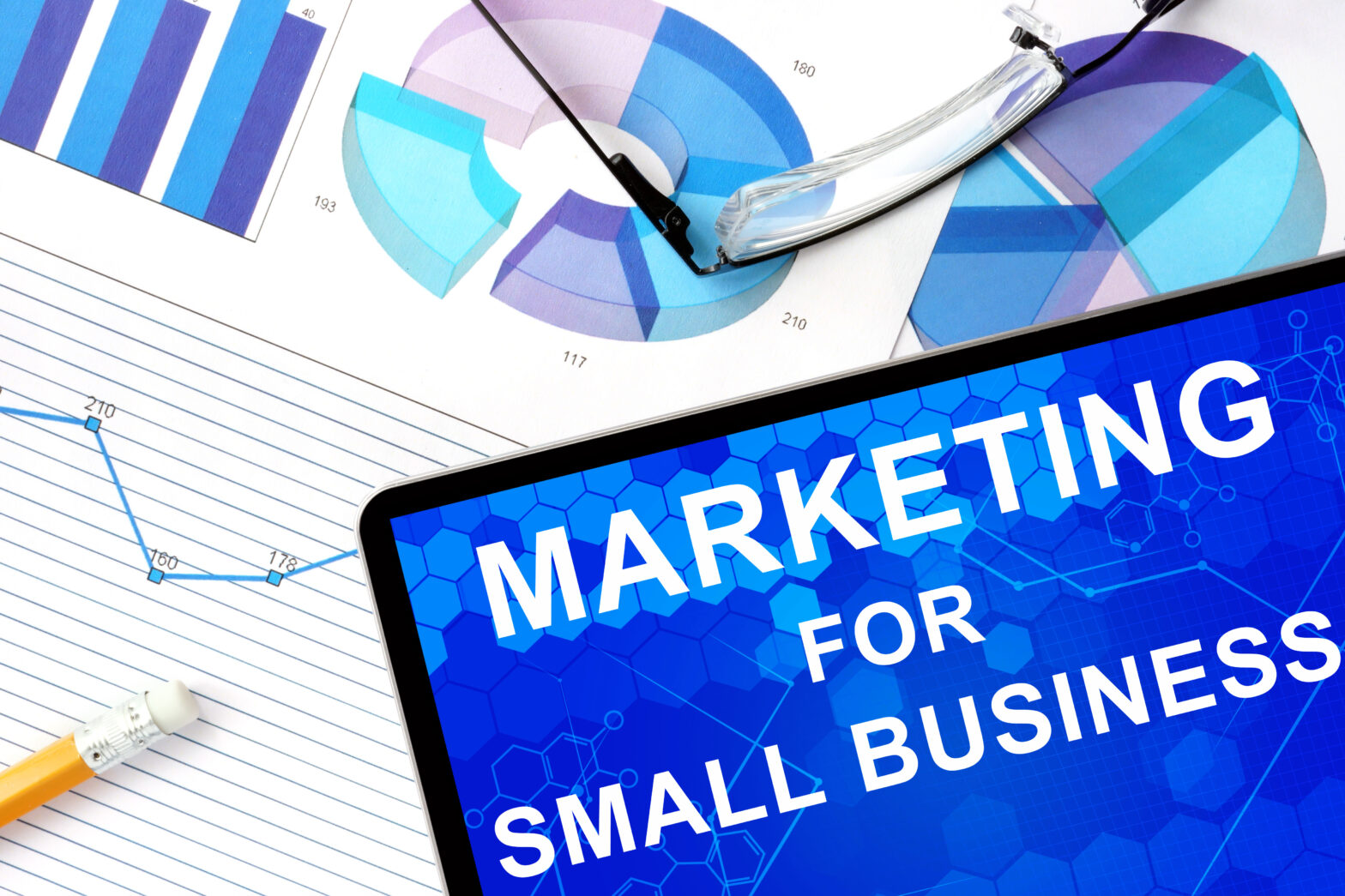Professional sport seems to lurch from one controversy to another at the moment. In football, we have seen the recent arrest and resignation of several FIFA officials amidst a corruption investigation. Rugby is keeping pace with Manu Tuilagi’s conviction for assault and Dylan Hartley’s ban for a headbutt ending their hopes of participating in the upcoming World Cup. It seems almost surprising, in fact, that these sports are able to attract such valuable sponsorship. In light of the investigation into FIFA, some sponsors did show their dissatisfaction and Visa said that they will reassess their sponsorship. Whether such statements ring true when several high-profile sponsors failed to renew their deals following the last football World Cup, only to be very swiftly replaced, is another matter.
What is more revealing than the behaviour of official sponsors, however, is the way in which non-sponsors continually attempt to associate themselves with major events through the legally dubious practice of ambush marketing. Broadly speaking, this is where a company which is not an official partner of an event, and has therefore not paid for the privilege of using certain words, phrases, logos, etc, uses them in order to take advantage of the event nevertheless and thereby raise its own profile. This is particularly prevalent in professional sport but could apply to any high profile event.
There have been many innovative examples over the years. Linford Christie, for instance, wore contact lenses with Puma branding on them at the 1996 Atlanta Olympic Games, despite Reebok being the official sponsor. At the football World Cups in 2006 and 2010, the Dutch brewery Bavaria filled stadia with women wearing bright orange clothing bearing their branding, much to Budweiser’s chagrin. At the Rugby World Cup 2011, Manu Tuilagi was fined £4,800 for wearing an Opro mouthguard, although this was apparently an inadvertent transgression. At Euro 2012 Niklas Bendtner was fined €100,000 after revealing bright green underwear bearing Paddy Power branding. In a telling indication of the importance which professional sport places on preventing ambush marketing, the fine was higher than the one FC Porto received when their fans racially abused Mario Balotelli.
Clearly such behaviour is of great concern to official sponsors who have paid to obtain certain rights. Event organisers, which will probably be contractually responsible for policing such infractions and are most likely reliant on the income generated by sponsorship, will also be aggrieved.
As the practice of ambush marketing has become more common, lawyers have sharpened an array of tools. Traditionally, reliance has been placed on intellectual property rights such as trade marks. Work to register phrases such as ‘World Cup 2018’ and ‘Russia 2018’ will have been in the offing for some time. This is common practice, with the registration of ‘London 2012’ as early as 2003. Copyright, designs and passing off also play important roles in protecting the commercial integrity of major events.
Increasingly, novel legal rights are being created to prevent ambush marketing. There was, for example, the London Olympic Games and Paralympic Games Act 2006, which followed laws passed prior to the Sydney Olympic Games, the Melbourne Commonwealth Games and the Turin Winter Olympics. The Brazilian World Cup Law, designed to protect sponsors of the World Cup 2014, provided for imprisonment for up to a year as well as fines.
Event organisers will also be keen to demonstrate that they are up to the task of deterring such offences. The trend towards harsher penalties, as shown by Niklas Bendtner’s fine, will probably continue. A well-funded legal department which is demonstrably capable of managing such actions is a prerequisite.
No such thing as bad publicity
Many of the examples of ambush marketing described above are flagrant breaches of the general law, rules set down by the relevant governing body or both. Parties to these transgressions know that they are likely to cause controversy and, no doubt, gamble on there being truth in the old adage that there is no such thing as bad publicity. If there are financial consequences, they appear to be accepted as a risk worth taking. Not all companies, however, wield this financial might and if they associate themselves with major events of which they are not an official partner, they will be walking a legal and commercial tightrope.
As mentioned, the key words, phrases or images relating to an event will be registered trademarks. Using one or a combination of these marks will quite likely be an infringement, particularly if used in respect of goods or services which are identical or similar to those in respect of which the words or images are registered.
Registered trademarks can last indefinitely. In contrast, rights provided by the sort of novel laws mentioned above often have temporal or geographical limitations, such as a prohibition on selling certain articles within a set distance of a particular stadium. Anybody carrying out activities which could infringe these laws should be mindful, therefore, of exactly when and where they come into play.
Small businesses looking to avoid these prohibitions need to use their imagination and ability to identify opportunities. Social media may also be a powerful ally. To take one well-known example, when the power went out during the 2013 Super Bowl, Oreo posted an image on Twitter reading ‘you can still dunk in the dark’. The advert was conceived and created in less than 30 minutes yet created more interest than those aired during the Super Bowl at immense cost.
Many events are only sustainable in their current forms as a result of major sponsorship deals. At present, the behaviour of certain institutions and individuals may be putting such sponsorship in doubt, but it is probable that the longevity of these events is not in any real peril owing to their undoubted commercial value. As these organisations struggle with their internal pressures, it will be interesting to see how they react to the challenges posed by the ever more inventive practices of the ambush marketers lying in wait.
Ben Stevens writes content for Russell-Cooke Solicitors.





